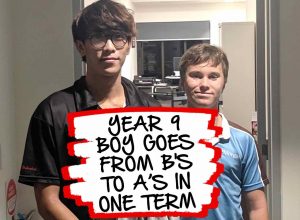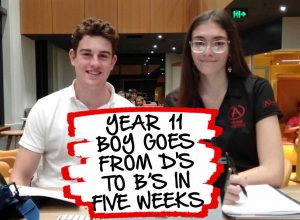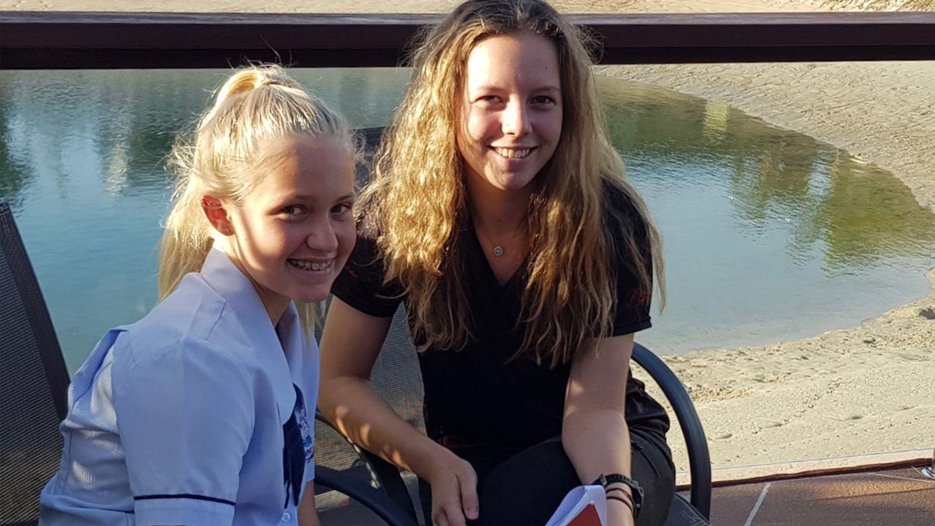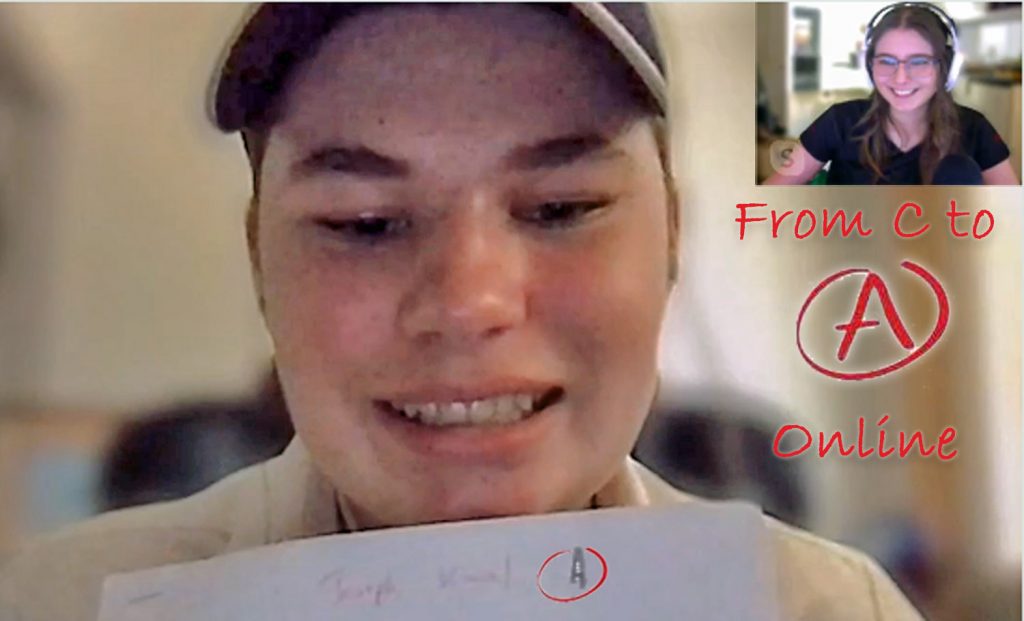Is your child thinking of becoming an Electrical Engineer? ATAR scores matter!
With the new ATAR system coming into Queensland this year, confusion is sure to follow. The old OP system has been in place for so long, so there’s bound to be a few growing pains – especially given the unprecedented struggles that students are undergoing this year.
How does ATAR work for University entry?
To help simplify this process, we’ve prepared this handy guide for parents of Queensland Year 12 students who would love to study electrical engineering in 2021. What ATAR will you need to study engineering? Read on to find out which Queensland-based universities offer a Bachelor of Engineering.
What is the ATAR for electrical engineering?
In Queensland, the minimum ATAR score required to study engineering is 63, at the University of the Sunshine Coast. Currently, the Moreton Bay campus only offers first year courses, so the rest of the degree will be completed at its Sippy Downs campus. The University of Southern Queensland offers a Bachelor of Engineering majoring in Electrical Engineering at its Toowoomba campus or online, requiring an ATAR score of 75. If these aren’t the universities of your dreams and you’re aiming for something closer to Brisbane’s CBD, you’re looking at 73 at the QUT Gardens Point campus, or 86 at UQ St Lucia.
Concerned? Our Intensive ATAR Tutoring Program transforms C students to A students! Learn More Now
Universities in Queensland offering a Bachelor in Engineering
Most universities in Queensland offer a Bachelor Degree in Engineering, with most also offering a major in electrical engineering. The vast majority of degrees are Honours, which are of a higher calibre than a regular Bachelor degree. Due to the fledgling nature of the ATAR system in 2020, the scores currently on offer are approximates only, so set your goals slightly higher than these to ensure you get a place at the university and program of your choice.
Bachelor of Engineering (Honours) at the University of Queensland
The University of Queensland’s engineering program offers the largest choice of engineering programs in Queensland, and is the most difficult engineering course to access. The OP score for this program was 8, and the ATAR score is approximately 86.
Bachelor of Engineering (Honours) (Electrical) at Queensland University of Technology, Gardens Point
QUT offers an honours program majoring in electrical engineering at its Gardens Point campus, with the OP score having been 12, and the ATAR score approximately 75.
Bachelor of Engineering (Honours) majoring in Electrical Engineering at the University of Southern Queensland
The University of Southern Queensland in Toowoomba offers its honours program on campus or online, and has an ATAR score of 75.
Bachelor of Engineering (Honours) at James Cook University
The James Cook University offers its engineering program at all of its campuses and online, with an ATAR score of 68.
Bachelor of Engineering (Honours) and Diploma of Professional Practice (Co-Op Engineering) at Central Queensland University
Central Queensland University offers a couple of options for budding electrical engineers. Initially, you could study the Bachelor of Engineering Technology, which has an ATAR of 65 (previously an OP of 15). They also offer an honours degree and a diploma of Professional Practice with an ATAR score of 79. CQU’s Gladstone campus offers a specialisation program, with electrical engineering as an option. In this instance, the ATAR score is 68.
Calculating your ATAR score for an engineering degree
ATAR scores are very tricky to calculate yourself – they’re based on four key marks, from your examination marks, assessment marks, senior study marks, and performance band. School scaling and subject scaling are then taken into account. All ATAR scores are also calculated on a minimum number of subjects, with each having a different value. The key subject with Engineering is Maths B, so it’s important to keep those grades up. Read ‘How to get an A in Maths B’ for tips on how to ace your maths studies.
Plan to get into electrical engineering
Here at A Team Tuition, our speciality is creating effective study plans for our students. We’ve achieved some amazing results with our guides, which don’t rely on simple schedules but instead on the mindset behind getting better grades. The subjects below contain the guides that will allow you to get that Very High Achievement or A, and help you to follow your dreams!
Here are 5 Strategies to use if you want a 99 ATAR
How to get into electrical engineering without an ATAR
If your child either doesn’t qualify for an ATAR score or didn’t get the ATAR score they were after, they may still be able to attend university. There are bridging courses available that will help you get back on track. Each university has different requirements for this – students may be able to gain placement as a mature-aged student, or work their way up via TAFE or other vocational study.
QTAC’s website offers a wide range of options that will allow you to study electrical engineering without an ATAR score. These pathways range from TAFE and other vocational diplomas to associate degrees and bachelor degrees that allow you to work your way up to the honours degree and a specialisation in electrical engineering. You could start with a Bachelor of Science, and work your way along the Engineering pathway that is offered by many universities.
How can you achieve the ATAR for engineering in Queensland
If you or your child feels they need a little extra help in order to realise their dreams, contact us at A Team Tuition. Our professional team of tutors will not only help improve your grades – they’ll help you to maintain motivation, and develop a more positive mindset towards achieving your goals. A Team Tuition’s results speak for themselves – contact us today and get back on track to becoming whatever you might dream of!
The post What ATAR do you need to be an Electrical Engineer? appeared first on A Team Tuition.
from A Team Tuition https://ift.tt/2BMUAoG
via IFTTT












